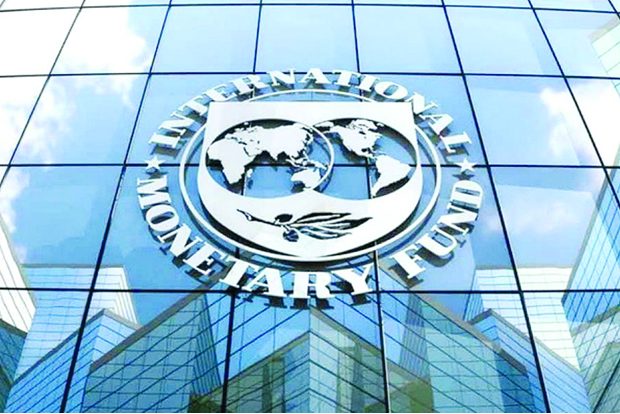Nigeria has been left out of the International Monetary Fund’s (IMF) list of Africa’s fastest-growing economies, with Benin Republic, Côte d’Ivoire, Ethiopia, Rwanda, and Uganda emerging as the continent’s top performers.
The IMF said these five countries are now among the world’s fastest-expanding economies, driven by sustained reforms, better fiscal management, and increased investment in infrastructure and manufacturing.
Abebe Selassie, Director of the IMF’s African Department, revealed this during the launch of the latest Regional Economic Outlook for Sub-Saharan Africa on Thursday. He noted that the region’s growth is expected to stabilise at 4.1% in 2025, supported by ongoing reforms and macroeconomic stabilisation efforts.
“Benin, Côte d’Ivoire, Ethiopia, Rwanda, and Uganda are among the fastest-growing economies globally,” Selassie said. “Despite global headwinds—softer commodity prices, weaker demand, and tighter financial conditions these countries have sustained strong growth through prudent reforms.”
Although Nigeria’s growth outlook has been revised upward to 3.9% in 2025, the IMF said this remains below its potential. The Fund attributed Nigeria’s modest improvement to higher oil output, fiscal policy adjustments, and improved investor confidence.
Data from Nigeria’s National Bureau of Statistics showed GDP growth of 4.23% year-on-year in Q2 2025, up from 3.48% in the same period of 2024 reflecting gains from increased oil production and recovery in non-oil sectors.
However, Selassie warned that structural weaknesses, high inflation, unreliable power supply, and overreliance on oil revenue continue to constrain Nigeria’s long-term growth prospects. He urged the government to deepen fiscal reforms, expand non-oil revenue, and strengthen electricity and infrastructure systems.
The IMF also raised concern over rising financial vulnerabilities in several African countries, including Nigeria, as governments increasingly depend on domestic banks for borrowing. About half of public debt in the region is now held by local financial institutions, heightening risks to banking stability.
“While domestic borrowing has helped sustain spending, it also exposes banks to sovereign risk, especially where debt levels and interest rates are high,” Selassie cautioned.
To bolster resilience, the IMF recommended two key policy actions domestic revenue mobilisation through tax reforms and digitalisation, and stronger debt transparency and management to reduce borrowing costs.
Speaking specifically on Nigeria, the IMF noted that inflation has begun to ease following tighter monetary policy and exchange rate reforms, though prices remain elevated. The Fund described Nigeria’s current fiscal stance as “neutral,” supporting efforts to control inflation without stifling growth.
IMF officials praised the government’s reforms in tax administration and public expenditure, citing improved efficiency, reduced waste, and greater transparency.
Tobias Adrian, Director of the IMF’s Monetary and Capital Markets Department, said Nigeria’s recent exchange rate adjustments and tighter monetary policy have enhanced policy credibility and strengthened foreign reserves. “A flexible exchange rate helps cushion shocks and restore equilibrium,” he noted.
Assistant Director Jason Wu added that Nigeria’s revenue collection and FX reserve management have improved, helping lower inflation from above 30% last year to about 23% this year.
Despite these gains, the IMF warned that Sub-Saharan Africa remains exposed to global uncertainties, including fluctuating commodity prices and volatile capital flows.
Selassie concluded that countries must sustain fiscal discipline, strengthen institutions, and deepen regional trade to unlock Africa’s full growth potential.



